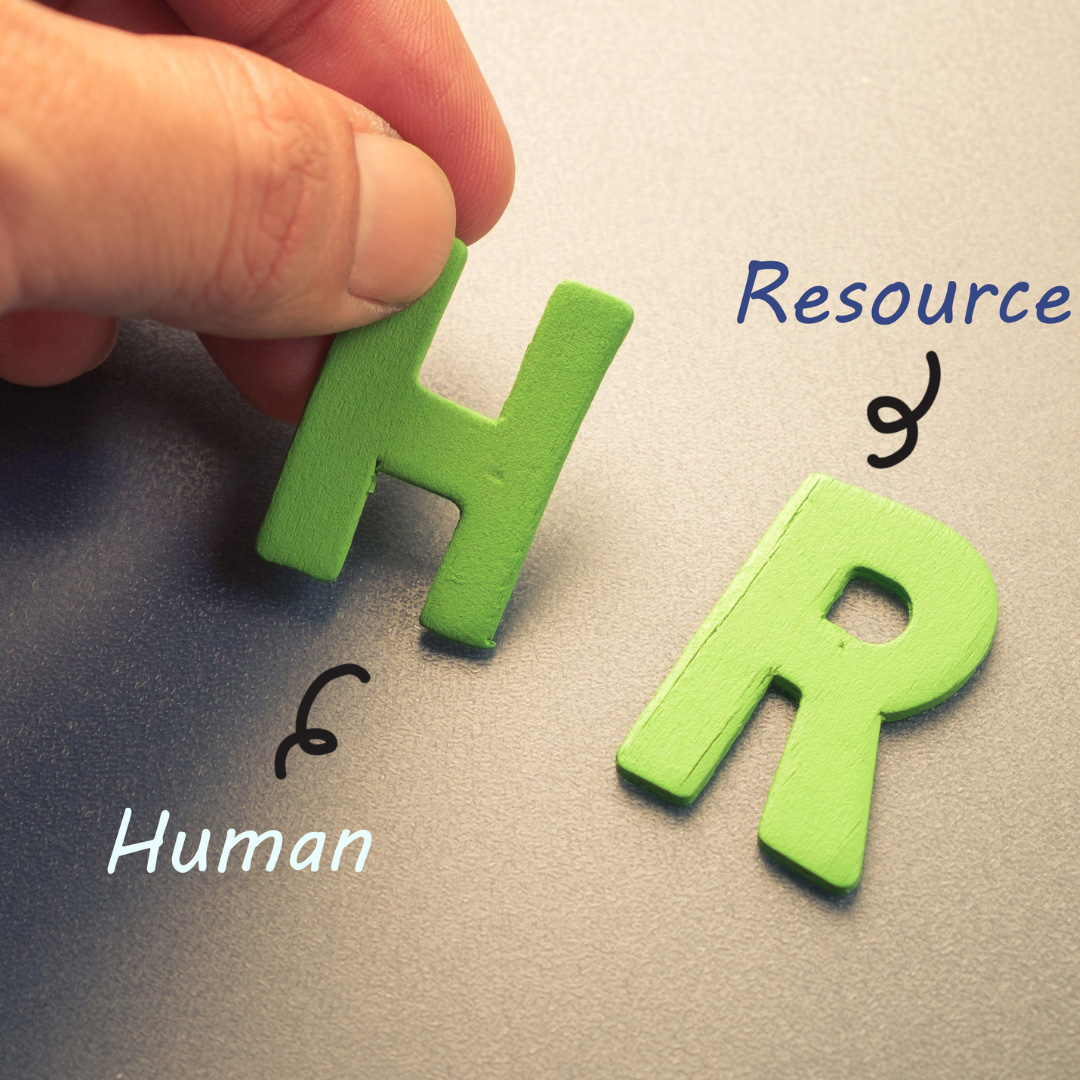
January 1, 2025
Building Resilient Workplaces:The Role of HR in Fostering a Trauma-Responsive Organization
In today’s workplace, the need for trauma-responsive organizations is more pressing than ever. With the increasing awareness of the impact of trauma on individuals and the ripple effects it can have on teams and organizational culture, Human Resources (HR) professionals are uniquely positioned to lead the charge in creating environments that are supportive, inclusive, and resilient.
What Does It Mean to Be Trauma-Responsive?
A trauma-responsive organization recognizes the prevalence of trauma and its potential impact on employees. It strives to create a workplace culture that promotes psychological safety, trust, and well-being. This approach goes beyond compliance and policies; it’s about embedding compassion, understanding, and proactive support into the fabric of the organization.
Why Trauma-Responsiveness Matters in the Workplace
Trauma can stem from various sources, including personal experiences, systemic inequities, and workplace stressors. When left unaddressed, it can lead to decreased productivity, increased absenteeism, and higher turnover rates. On the flip side, trauma-responsive organizations experience numerous benefits:
- Improved Employee Well-Being: Supporting employees’ mental health and emotional needs enhances their overall well-being.
- Increased Engagement: Employees who feel safe and valued are more engaged and motivated.
- Stronger Retention: A supportive culture reduces turnover and helps retain top talent.
- Enhanced Reputation: Organizations known for prioritizing employee care attract skilled professionals.
The Role of HR in Building Trauma-Responsive Organizations
HR professionals are the architects of workplace culture and policies. Here’s how HR can lead the way in fostering trauma-responsiveness:
1. Educate and Train Leaders and Teams
Trauma-responsive organizations begin with awareness. HR can implement training programs for managers and employees to:
- Recognize the signs of trauma
- Understand its impact on behavior and performance
- Respond with empathy and appropriate support
Training should include skills such as active listening, de-escalation techniques, and fostering inclusivity.
2. Develop Trauma-Informed Policies and Procedures
HR can revise or create policies that reflect a trauma-informed approach. Key areas to address include:
- Leave Policies: Providing flexible leave options for mental health and personal recovery.
- Performance Management: Balancing accountability with compassion.
- Conflict Resolution: Implementing restorative practices to resolve workplace issues.
3. Prioritize Psychological Safety
Psychological safety is essential for employees to feel secure and valued. HR can foster this by:
- Encouraging open communication without fear of judgment or retaliation
- Creating anonymous feedback channels
- Promoting a culture of respect and inclusivity
4. Provide Access to Resources
HR can ensure employees have access to the support they need by:
- Offering Employee Assistance Programs (EAPs)
- Partnering with mental health professionals
- Sharing resources on trauma, resilience, and self-care
5. Lead by Example
HR must model trauma-responsive behaviors by:
- Demonstrating empathy in interactions
- Prioritizing self-care and well-being within the HR team
- Advocating for systemic changes that promote equity and inclusion
The Challenges of Creating a Trauma-Responsive Organization
While the benefits are clear, the journey to becoming trauma-responsive is not without challenges:
- Resistance to Change: Some employees and leaders may be skeptical or resistant to new approaches.
- Resource Constraints: Developing and implementing new initiatives requires time, money, and effort.
- Balancing Compassion and Accountability: Ensuring workplace standards are met while supporting employees can be complex.
HR can navigate these challenges by building a strong business case for trauma-responsiveness, highlighting the long-term benefits, and starting with small, impactful changes.
Conclusion
HR professionals have the power to transform workplaces into safe havens where employees can thrive despite the challenges they face. By fostering a trauma-responsive culture, HR not only enhances individual well-being but also strengthens organizational resilience and success. In a world where empathy and adaptability are becoming essential leadership traits, HR’s role in this transformation has never been more critical.
Are you ready to take the first step toward creating a trauma-responsive organization? The journey starts with HR leading the way. I can help. Book a consultation and let’s get started!
